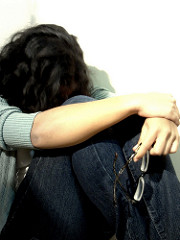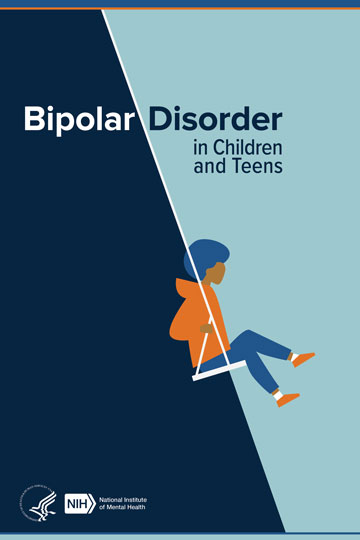
Bring Change 2 Mind [web resource]
Bring Change 2 Mind (BC2M) is a nonprofit organization created to start the conversation about mental health, and to raise awareness, understanding, and empathy. BC2M develops influential public service announcements (PSAs), has piloted evidence-based programs at the university (UBC2M) and Read more >>










